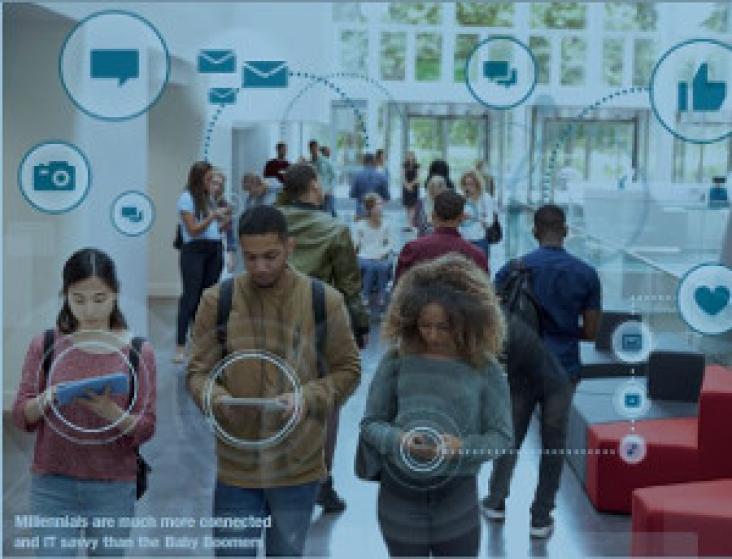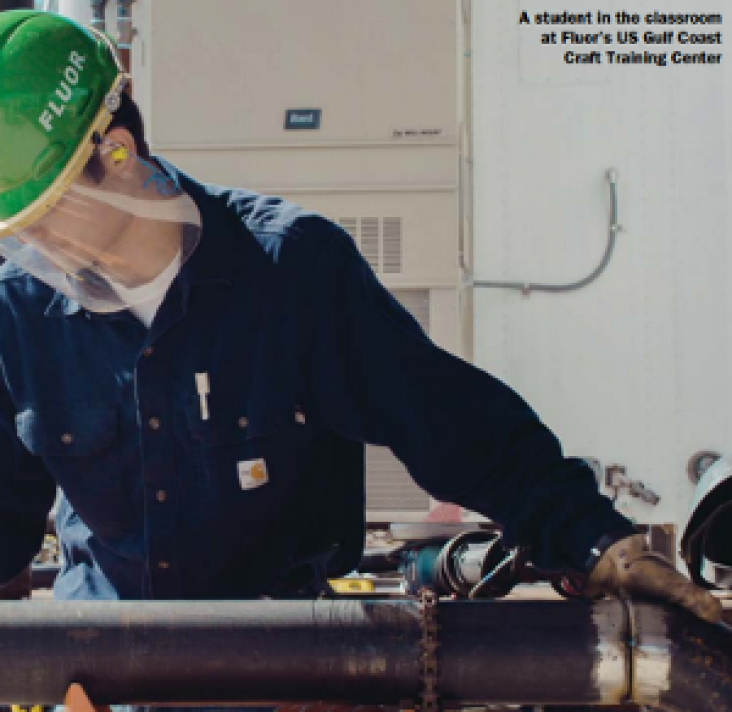
Correspondent banking is the cornerstone of the global payment system, designed to serve the settlement of financial transactions across country borders. It allows companies and individuals to safely move money around the world and supports and encourages global trade. Since the financial crisis, tighter regulations - and in particular the regulatory penalties imposed for violations of anti-money laundering (AML) – have caused western banks to rethink their global strategy. The risks of doing business in many developing nations are beginning to be seen as outweighing the financial benefits brought by correspondent banking activity. As a result, US and European banks have reduced their correspondent banking activity in the riskiest regions.

Companies need to adjust their recruitment and retention practices to take into account the culture and needs of the new millennial generation. This is important for advancing SDG 8.6 to substantially reduce the proportion of youth not in employment, education or training.
Detailed description of Goal 8 (Decent Work and Economic Growth) with introductory remarks from the ILO Director-General, Guy Ryder

The rush to build large-scale petrochemical complexes in the US Gulf Coast area has encouraged companies to take a collaborative approach to finding and encouraging talented and skilled workers. The drive for growth cannot be achieved without creating decent work for all which advances SDG 8 Decent work and economic growth.
This report advances SDG 16 by exploring the human rights responsibilities and practical implications faced by business when addressing adverse human rights impacts connected to product misuse.
The Blueprint for Business Leadership on the SDGs aims to inspire all business — regardless of size, sector or geography — to take leading action in support of the achievement of the Sustainable Development Goals (SDGs). It illustrates how the five leadership qualities of Ambition, Collaboration, Accountability, Consistency, and Intentional can be applied to a business' strategy, business model, products, supply chain, partnerships, and operations to raise the bar and create impact at scale. The Blueprint is a tool for any business that is ready to advance its principled approach to SDG action to become a leader. This chapter relates specifically to SDG 8.

There are more than 45 million victims of modern slavery globally with a significant number involved in construction. This report argues that forced labour and modern slavery are common throughout the global construction industry. Engaging key stakeholders and raising awareness of the issue from a global perspective are key to the advancement of SDG target 8.7 to eradicate forced labour, ending modern slavery and human trafficking by 2025.
A guide to the drivers, opportunities, challenges and implementation steps for small and medium-sized enterprises (SMEs) looking to adopt traceability in their supply chains, focussing on Goal 8
This report provides an overview on how to do business with respect to children's right to be free from child labour, with the aim to improve global supply chain governance, due diligence and remediation processes to advance the progressive elimination of child labour. This report relates to Goal 8 and Goal 10.
This white paper explores the links between goal 6 (Clean Water and Sanitation) and goal 12 (Responsible Consumption and Production). It discusses how business can play their part in increasing access to Water, Sanitation and Hygiene (WASH) with an emphasis on WASH delivery for workers in the supply chain.
